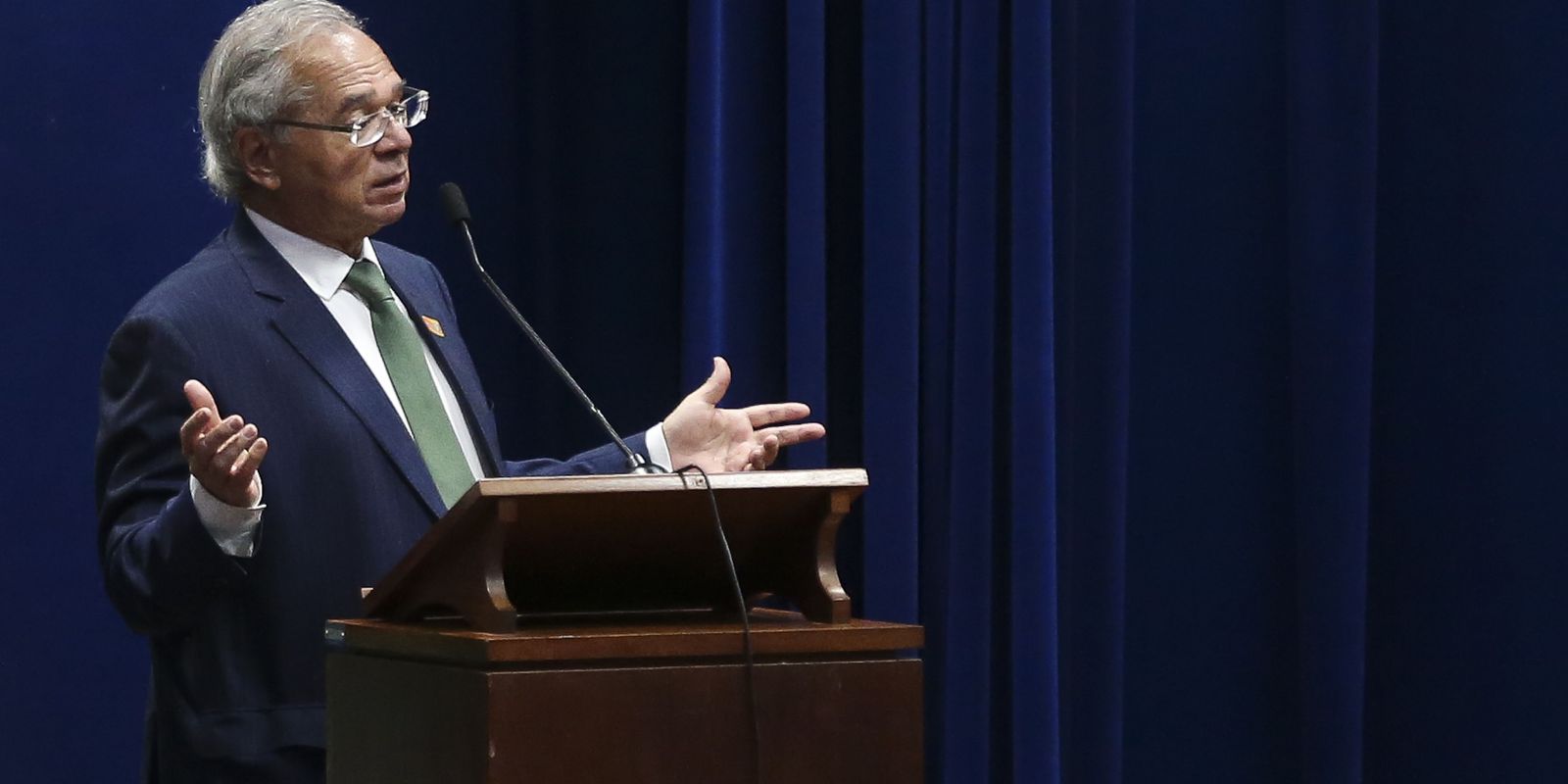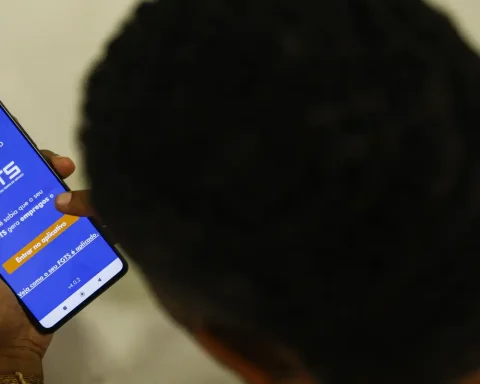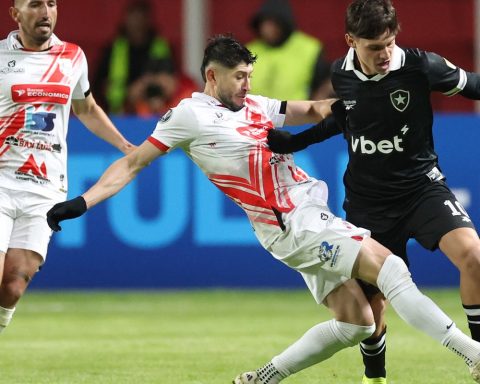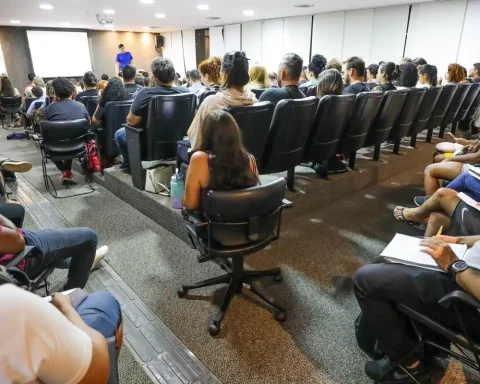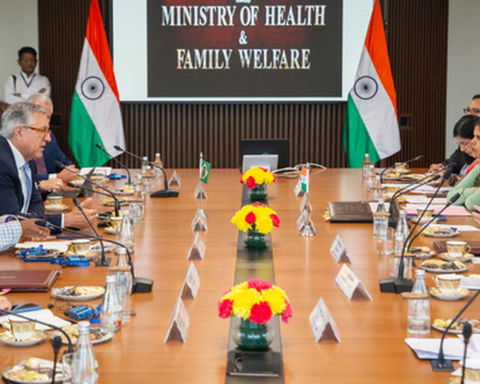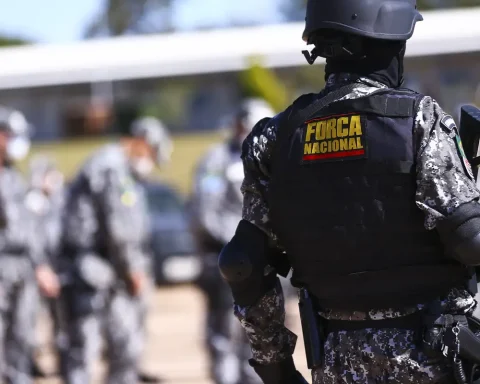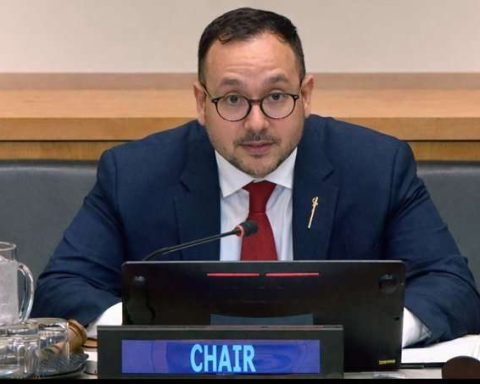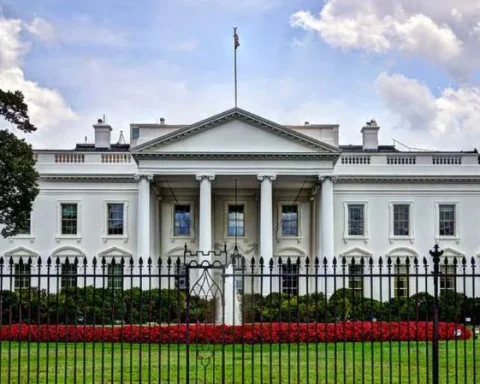The Minister of Economy, Paulo Guedes, ruled out today (29) a possible privatization of Petrobras “in this term”. In a press conference at the Brazilian embassy in Paris, he commented on the change of president of the state-owned company and minimized the impact of the measure on the company.
“The president [Jair Bolsonaro] expressly said that he would not privatize Petrobras in this term, the first term. I never said anything about the second term”, declared Guedes. He said he was personally in favor of privatizing the oil company, but said that the final decision rests with the President of the Republic.
“When I think of Petrobras, I think that we should privatize Petrobras, but I don’t have votes. I’m just an economy minister. I have nothing to comment on Petrobras,” Guedes said. He added that the only name he had nominated to run the state-owned company was economist Roberto Castello Branco, who presided over the company from January 2019 to February 2021.
Regarding the exchange of reserve general Joaquim Silva e Luna for economist Adriano Pires in the presidency of Petrobras, the minister said that the change should not have practical consequences for the company’s management. “I don’t think this change is an important factor, not really. I don’t expect it to have any real effects.”
During the interview, Guedes promised to carry out other privatizations by the end of the year, such as Eletrobras and Correios, in addition to advancing with concessions for ports and airports at Galeão, Santos Dumont and Congonhas.
Inflation
The minister is on a trip to Paris to discuss Brazil’s accession to the Organization for Economic Cooperation and Development (OECD). During the interview, Guedes commented on the rise in inflation, attributing the rise in prices to international factors, such as the war between Russia and Ukraine and the impact of the covid-19 pandemic on the global economy.
“Inflation in the US went from 0% to 8.5%. In Germany, it also dropped from 0% to 7%. It is clearly a global phenomenon and we have two factors: the impact of the pandemic, with the contraction of the supply and supply chain, less services, and the government responded to that by increasing fiscal and monetary policies, increasing demand. This generated inflation, naturally, even before the war,” he declared.
For Guedes, Brazil is better prepared to deal with inflation as the Central Bank increased the Selic rate (basic interest rates in the economy) from 2% to 11.75% per year since August 2021. In the minister’s assessment, the European Central Banks are raising rates very slowly. “There is something wrong with the Central Banks of Europe. They are not practicing good monetary policy, with 8% inflation and 0.5% interest rates [ao ano]. Inflation is going to be a big problem here [na Europa]”, he added.
